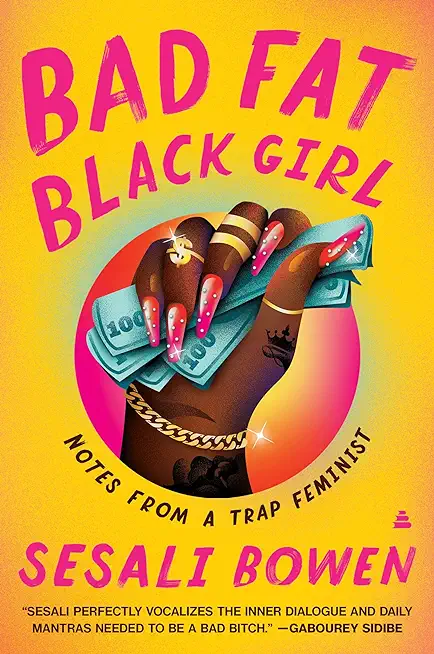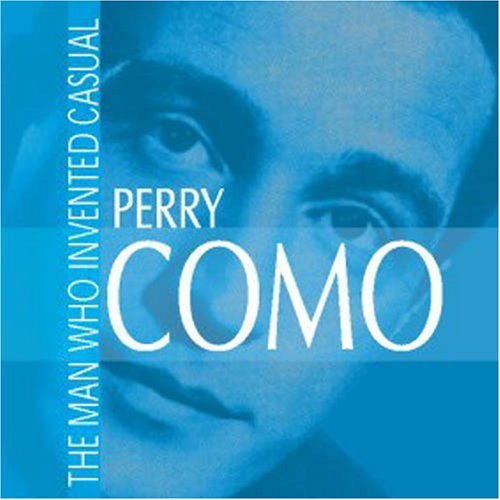
Tatar challenges the canonical models of heroism in Joseph Campbell's The Hero with a Thousand Faces, with their male-centric emphases on achieving glory and immortality. Finding the women missing from his account and defining their own heroic trajectories is no easy task, for Campbell created the playbook for Hollywood directors. Audiences around the world have willingly surrendered to the lure of quest narratives and charismatic heroes. Whether in the form of Frodo, Luke Skywalker, or Harry Potter, Campbell's archetypical hero has dominated more than the box office.
In a broad-ranging volume that moves with ease from the local to the global, Tatar demonstrates how our new heroines wear their curiosity as a badge of honor rather than a mark of shame, and how their "mischief making" evidences compassion and concern. From Bluebeard's wife to Nancy Drew, and from Jane Eyre to Janie Crawford, women have long crafted stories to broadcast offenses in the pursuit of social justice. Girls, too, have now precociously stepped up to the plate, with Hermione Granger, Katniss Everdeen, and Starr Carter as trickster figures enacting their own forms of extrajudicial justice. Their quests may not take the traditional form of a "hero's journey," but they reveal the value of courage, defiance, and, above all, care.
"By turns dazzling and chilling" (Ruth Franklin), The Heroine with 1,001 Faces creates a luminous arc that takes us from ancient times to the present day. It casts an unusually wide net, expanding the canon and thinking capaciously in global terms, breaking down the boundaries of genre, and displaying a sovereign command of cultural context. This, then, is a historic volume that informs our present and its newfound investment in empathy and social justice like no other work of recent cultural history.







